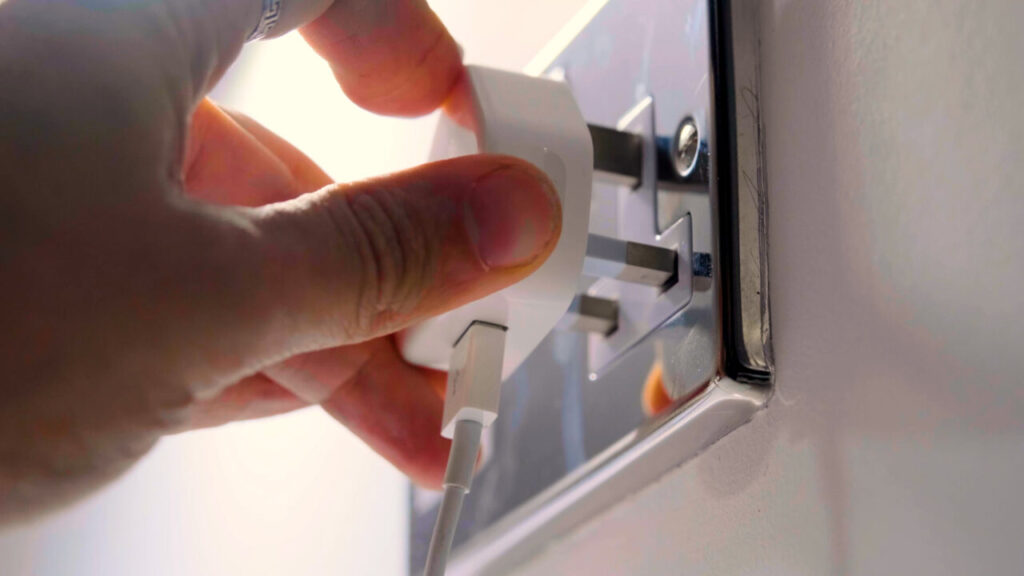Ofgem announced that its energy price cap for the final quarter of 2024 will rise 10% on the previous quarter to £1,717 for a typical UK household.
The figure is 6% lower than for the same period last year, when the cap sat at £1,834. Ofgem blamed the hike on increasing geopolitical tensions and extreme weather events driving competition for gas.
The energy watchdog said it recognises the strain on households that any increase causes.
Secretary of state for the Department of Energy Security and Net Zero (DESNZ), Ed Miliband, echoed this, acknowledging the impact the news will have on families. He called the price increase a “direct result of the failed energy policy [Labour] inherited, which has left our country at the mercy of international gas markets controlled by dictators”.
He added: “The only solution to get bills down and greater energy independence is the government’s mission for clean, homegrown power. We will also do everything in our power to protect billpayers, including by reforming the regulator to make it a strong consumer champion, working to make standing charges fairer, and a proper Warm Homes Plan to save families money.”
The Labour party pledged its Warm Homes Plan during its campaign, targeting energy saving upgrades, including better insulation, home batteries and rooftop solar. According to modelling by the Energy and Climate Intelligence Unit (ECIU), under Ofgem’s price cap, gas bills in homes with poor insulation, rated band F on the Energy Performance Certificate (EPC) scale, will be on average around £330 (around 50% more) worse off a year than homes at the Government’s target for home energy efficiency of EPC band C.
Jess Ralston, energy analyst at ECIU, said: “Unfortunately, more volatility in the international gas markets means that we’re not out of the woods yet, with bills expected to rise again in the new year. Many households have little resilience left to bear the brunt of further bill increases, so ensuring that they’re shielded from future price spikes will surely be a priority for the new Government.
“It has already taken positive steps with renewables, such as upping the budget for the current auction round, which will help in the longer term, but fixing up the stalling insulation schemes is a no-brainer action that could see bills lowered in the immediate term.”
Ralston also touched on the question of support for vulnerable households. The government recently announced that it will scrap the winter fuel payment for pensioners, blaming the previous Tory government for dramatic budget cuts.
Chief executive of Energy Saving Trust, Mike Thornton, said the regulator’s price cap brings into focus the “urgent need” for the government to address persistently high energy prices.
He continued: “People will only see the benefits of its ambitious clean power target and eagerly anticipated Warm Homes Plan if there is also rapid action to bring down overall energy demand.
“We need to see a clear roadmap to upgrade the UK’s 15 million energy inefficient homes. The roadmap needs to outline access to low cost finance and incentives for the supply chain to scale up to meet demand for home upgrades.”
‘Mend the market’
Many of the benefits that a shift to renewable energy generation overlap with the factors necessary for lower energy costs. As Greg Jackson, Octopus Energy’s founder, points out, “the way to bring bills down is to build more cheap British wind and solar power, and to mend the market so that costs are set locally – not by global gas prices”.
Jackson recommends “bold” reform of grid connections and the market through local pricing – the topic of the ongoing review of electricity market arrangements (REMA).
Les Roberts, who works for a business energy price comparison service, Bionic, also called for energy market reform, “so customers get the full benefit of cheaper energy from renewable sources”.
He further suggested ways that people can mitigate the price increase, pointing out that although Labour’s state-owned Great British Energy company will enhance energy security and reduce bills, establishing it will take time, as will scaling up renewable energy investments.
With the first quarter of 2025 also expected to see the price cap increase, it is fair to say expectations will be high when the government returns from recess. Ofgem has suggested some ways that the government might reduce domestic standing charges and increase the choices available to consumers.
In the short term, it said that options include diversifying the range of tariffs to give customers more choice on standing charges and moving some of these up-front costs to the unit rate (the price charged for every unit of energy used). In the long term, there should be a review of the allocation of network costs.
Jonathan Brearley, CEO of Ofgem, said: “We are working with Government, suppliers, charities and consumer groups to do everything we can to support customers, including longer term standing charge reform, and steps to tackle debt and affordability.”






